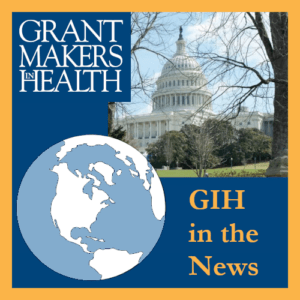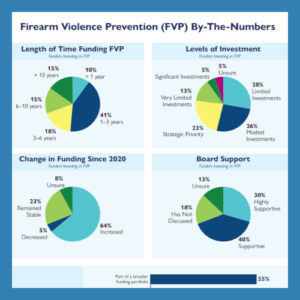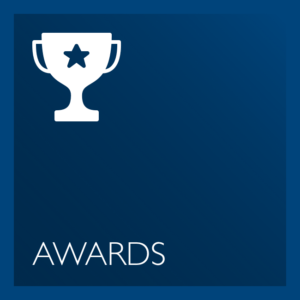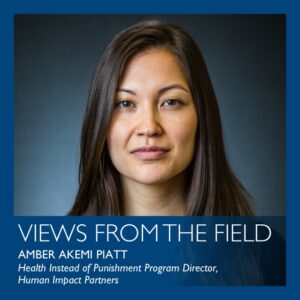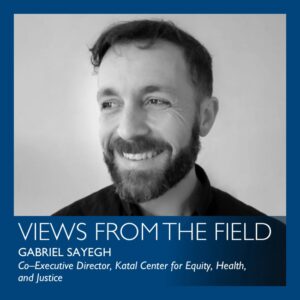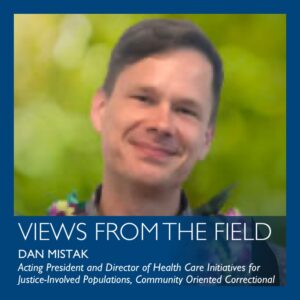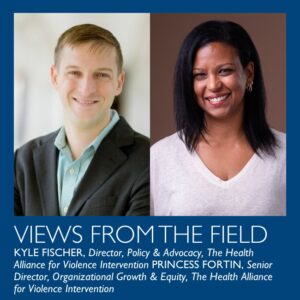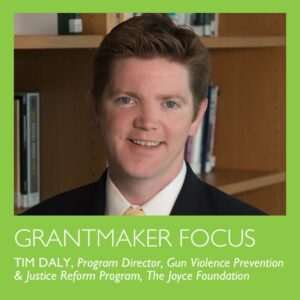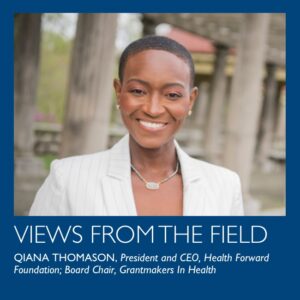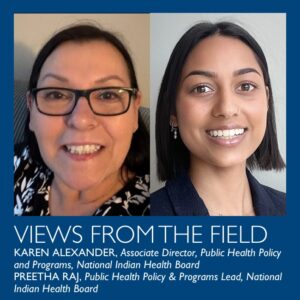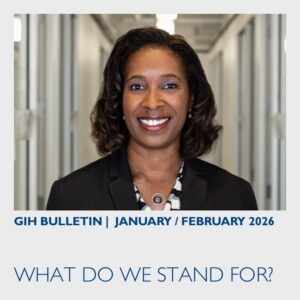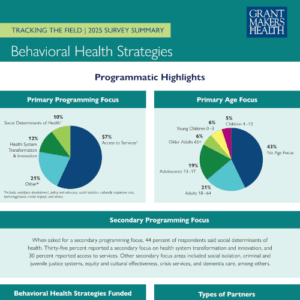Upcoming Events
Past Events
Explore Health Equity and Social Justice Topics
Recent Items - Climate and Environmental Health
Recent Items - Health Equity
Recent Items - Healthy Eating/Active Living
Kate B. Reynolds Charitable Trust: October 2025
Recent Items - Housing
Marin Community Foundation: October 2024
Horizon Foundation: September 2024
Recent Items - Justice Reform
Recent Items - Social Determinants of Health
North Carolina Healthcare Foundation: January 2026
Marin Community Foundation: October 2024
Recent Items - Violence Prevention
The Joyce Foundation
Latest Resources
Philanthropy, Stewarding a Just America
In a time of intensive action to dismantle policies and practices that protect the well-being of all Americans, where chaos is the principal strategy to overthrow the will of and care for the American people, philanthropy must remain rooted in what is legally and morally right.
The Value of Convening Grantees to Navigate Uncertainty Together
In moments of chaos, it’s natural for nonprofits to feel uncertain—unsure of what’s next and how to move forward. But uncertainty can also be a powerful catalyst for connection and action. During the COVID-19 pandemic, The Healthy Food Community of Practice doubled down on its efforts to bring nonprofits together and helped them build lasting relationships, collaborate in new ways, and innovate around shared challenges.
Using the UN Sustainable Development Goals to Advance a Bold Racial Equity Agenda at a Critical Moment
“What started out as a natural disaster became a man-made disaster.” This is how President Obama described Hurricane Katrina, referring to both the disparate and devastating impacts on New Orleans’ Black community, and the historical and structural inequity that created the conditions for devastation.
New Grantmakers In Health Survey Finds a Significant Growth in Firearm Violence Prevention Investments Among Health Funders
Washington, DC, March 14, 2025—At a time when firearm violence is a leading cause of death for children and teens, a new Grantmakers In Health survey of health funding organizations found that philanthropic investments in firearm violence prevention are growing in terms of both the number of funders supporting this work and the dollar amounts…
Maternal Health in American Indian/Alaska Native Communities: Challenges, Opportunities, and Pathways Forward
Maternal health is a cornerstone of any community’s well-being, yet American Indian and Alaska Native (AI/AN) women face disproportionate challenges in achieving safe and healthy pregnancies. Historical inequities, systemic barriers, and the enduring effects of colonization have resulted in significant maternal health disparities within Native communities. However, these same communities are also sources of resilience, creativity, and innovation. Maternal health programs aimed at centering community in tradition, culture, and resiliency can offer unique, cross-sectoral solutions to complex systemic health barriers for AI/AN families.
Pottstown Area Health and Wellness Foundation: March 2025
The Pottstown Area Health and Wellness Foundation’s Spring 2025 grantmaking cycle opened March 1, 2025. All grant applications are submitted through AkoyaGo, the foundation’s grants portal. The foundation no longer requires a letter of intent for grant applications.
Reports and Publications
GIH Bulletin: January/February 2026
One year ago, as we were just one month into the new administration, I wrote that “At a moment when so much has been described as ‘unprecedented,’ and so much of what we value is being attacked, we need to ask ourselves as individuals, organizations, and a field, what do we stand for? What values do we hold, and what will we do and say to defend them?” Today, the answers to these questions are needed more urgently than ever.
GIH Bulletin: November/December 2025
GIH President and CEO, Cara V. James, delivered these remarks on Protecting the Freedom to Give at the closing of the 2025 Health Policy Exchange, in Arlington, Virginia.
Behavioral Health Strategies
GIH conducted a survey in late 2024 on funder engagement in behavioral health. This fact sheet, based on a sample of 139 health funders, summarizes the current trends, gaps, successes and challenges for funders. It also highlights philanthropy’s continued commitment to behavioral health while also signaling concern about the upcoming funding environment.
Strengthen your knowledge, skills, and capacity.
GIH focuses our programming around five areas that are critical to achieving better health for all.
We invite you to explore the resources available on our focus areas pages, browse content in more specific issue areas, and to connect with GIH staff to discuss how we can partner and support your work.




